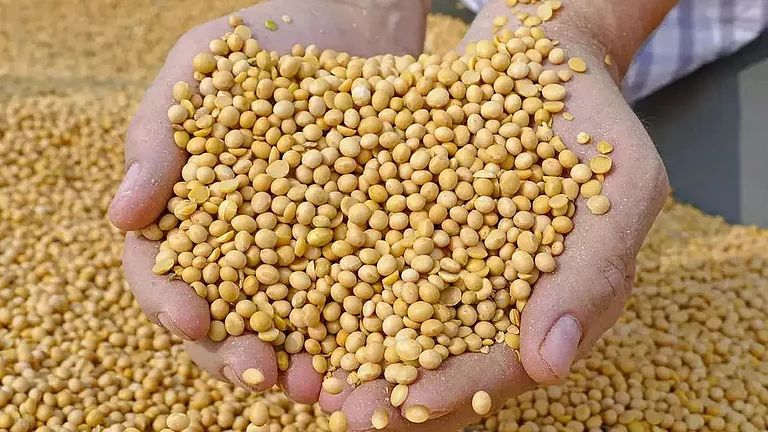In the past few years, the role of women in sustainable agriculture has arisen as an opportunity, especially considering the number of women involved across the industry, from crop-rearing to food production and distribution. Research shows that 80 per cent of women involved in economic activities in India are engaged in agriculture, with their contribution and role being largely unrecognised. Women make up 33 per cent of the agricultural labor force with 48 per cent self-employed as farmers, yet they own less than 15 per cent of landholdings.
Evolving Roles of Women in Agriculture
Traditionally, rural women were defined by roles that revolved around the household, often relegated to supportive positions in agriculture. The inability to hire labour on small farms meant that women managed homes while simultaneously engaging in cultivation and activities across the agricultural value chain—food processing, distribution, and allied sectors such as livestock, fishing, and forestry.
With access to information on their mobile phones and resources from various programmes, women are increasingly stepping into leadership roles, driving adoption of sustainable agricultural practices.
Armed with intimate knowledge of native, climate-resilient crop varieties, soil quality, smart resource management skills, and keen understanding of ground realities, these women are uniquely positioned to address the area’s unique ecological challenges. Furthermore, as primary carers, women understand the critical link between nutrition and agriculture, reinforcing the need for sustainable practices to support their families' health. The 2023 report from the UN’s Food and Agriculture Organisation, "The Status of Women in Agrifood Systems," underscores this vital connection, asserting that resilient and sustainable agrifood systems can only be achieved through the empowerment of women and the promotion of gender equality.
Challenges Women Farmers Face
Women farmers are critical to the agricultural landscape, yet they face significant barriers that impede their potential. Among the most pressing challenges are a lack of education, awareness of fundamental rights, inadequate infrastructure, and limited landholding rights. Additionally, community and industry forums often overlook women’s voices, leaving little room to advocate for their rights or seek pay parity. With limited employment opportunities outside agriculture, women interested in farming or entrepreneurship struggle to access capital, credit, and essential training.
Overcoming these challenges is critical to ensure women’s empowerment and the advancement of sustainable agriculture, especially with greater climate-related pressures on ecosystems.
In fact, according to the FAO, granting women the same access to agricultural resources as men could boost production on women’s farms in developing countries by 20–30 per cent. This increase in output could potentially reduce global hunger by affecting 100 to 150 million lives.
Government initiatives such as the Mahila Kisan Sashaktikaran Pariyojana and Pradhan Mantri MUDRA Yojana have begun to bridge these gaps. These programmes provide rural women with better access to education, resources, and financial inclusion. According to Niti Aayog, targeted schemes are ensuring at least 30 per cent of funding is allocated to support women farmers, bringing them into the mainstream agricultural fold. Moreover, public-private partnerships are emerging to enhance skill development for women in agriculture.
Breaking Stereotypes and Changing Communities
Women farmers are no longer sidelined; they are driving the shift toward sustainable practices that benefit not just themselves but their entire communities. Their successes open doors for other women to confidently take charge of their futures, fostering a culture of empowerment.
To maximise this momentum, collaboration between the private sector, government, and NGOs is crucial. Targeted interventions can effectively address local challenges and enhance women’s leadership in agriculture. As APJ Abdul Kalam stated, “Women are equal partners in national development.” Empowering women in agriculture is essential for achieving sustainability goals and fostering inclusive economic growth throughout India.
(Rajesh Ayapilla is Senior Director-CSR and Sustainability for Coca-Cola India and Southwest Asia INSWA.)


























